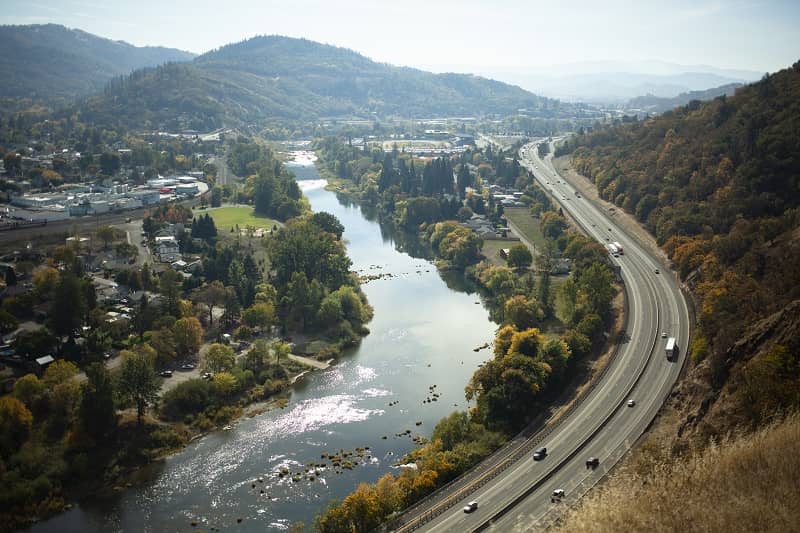

Does planning have to work to be successful?
We Oregonians believe many myths about ourselves that just don’t happen to be true. As a visioning group created by the Governor put it not too long ago: We Love Dreamers!
For instance, presidential candidate Hillary Clinton recently came to town and congratulated Portland on reducing its carbon emissions to 1990 levels. Portland has asked for and received world-wide recognition for this accomplishment. Other than the fact that it didn’t happen, it’s a wonderful achievement and Portland should be proud.
Oregon also loves to believe it is a world leader in land-use planning. The state’s comprehensive land-use legislation passed 35 years ago, and we should have a pretty good idea by now whether or not it’s working.
Which is why, Andy Parker’s recent column in The Oregonian is so revealing. According to a local civil engineer he interviews, Oregon’s glowing reputation in urban planning is increasingly an illusion.
The whole column illustrates how Oregon’s elite pretend we are different, when in fact we aren’t very different at all.
Our civil engineer tells us that after 35 years of Urban Growth Boundaries and billions spent on fixed-rail mass transit, the Portland area still looks and functions “almost exactly like most places across the country” and “there is a growing gap between the theory and reality of growth in Oregon.”
In the end, the vast majority of Portland Metropolitan residents still drive their cars alone, traffic congestion has only gotten worse, housing prices are out-of-reach for median income Oregonians, and forcing neighborhoods to accept snout houses and other forms of dense housing only seems to make people angry.
Parker misses the irony that the civil engineer decries car-oriented development even while he chooses that type of development for himself all the way out in Newberg.
So the planning will go on, billions more will flow into light rail construction and transit-oriented development will continue to receive taxes that would otherwise have gone into paying for schools, public safety and roads.
In Oregon, our dreams and myths trump what actually works and how we actually live.
© 2008, Cascade Policy Institute. All rights reserved. Permission to reprint in whole or in part is hereby granted, provided the author and Cascade Policy Institute are cited. Contact Cascade at (503) 242-0900 to arrange print or broadcast interviews on this topic. For more topics visit the QuickPoint! archive.











